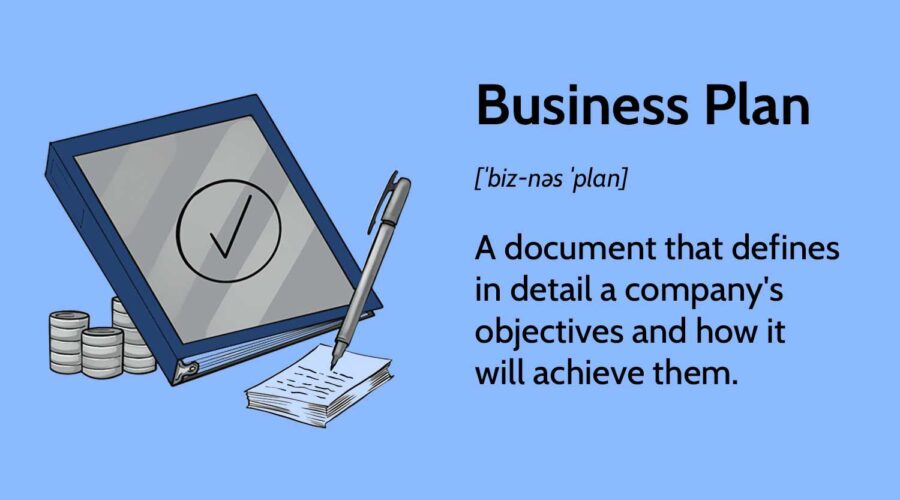The Importance of Having a Business Plan Before Starting Your Business
Starting a business is exciting, but jumping in without a clear direction can be costly. Many entrepreneurs make the mistake of launching their businesses based on a great idea and passion alone, without a concrete strategy. This is where a business plan becomes invaluable.
A business plan is more than just a document—it’s a roadmap that guides your business journey from concept to success. Here’s why having a business plan before starting your venture is not just important but essential.
1. Clarifies Your Vision and Goals
A business plan forces you to think critically about what you want to achieve. It outlines your mission, vision, short-term and long-term goals, and how you plan to get there. This clarity helps align your daily operations with your overall objectives and ensures everyone involved knows the direction you’re heading.
2. Provides a Strategic Roadmap
Starting without a plan is like going on a journey without a map. A well-written business plan outlines your business model, target market, pricing strategies, marketing approach, operations, and more. It helps you make informed decisions and anticipate challenges before they arise.
3. Helps Secure Funding and Investment
Investors, banks, and grant agencies want to see a clear plan before committing their money. A detailed business plan shows them that you have a well-thought-out strategy, understand your market, and are serious about sustainability and profitability. It builds credibility and increases your chances of getting financial support.
4. Identifies Risks and Opportunities
The process of writing a business plan encourages deep research and analysis. This allows you to uncover potential risks, understand your competition, evaluate market demand, and spot opportunities for innovation or growth. Being prepared can help you avoid costly mistakes and pivot when necessary.
5. Sets Financial Expectations
A solid business plan includes financial projections such as startup costs, sales forecasts, profit margins, and break-even analysis. These figures help you understand how much capital you need, when you can expect to be profitable, and how to manage your cash flow effectively.
6. Guides Operational Planning
Your business plan outlines how your business will function daily—your team structure, supply chain, inventory management, customer service policies, and more. It becomes a reference point for managing your operations, especially in the early stages.
7. Measures Progress and Performance
A business plan includes specific milestones and key performance indicators (KPIs). These help you track your progress, measure what’s working, and identify areas for improvement. It gives you a framework for regular reviews and continuous growth.
Final Thoughts
Having a business plan before you start your business is not just a good idea—it’s a necessity. It gives your business structure, direction, and discipline. Whether you’re a first-time entrepreneur or a seasoned business owner launching something new, taking the time to develop a well-thought-out plan can mean the difference between success and failure.
Remember: Failing to plan is planning to fail. So, before you take that bold leap into entrepreneurship, take the time to plan wisely.



